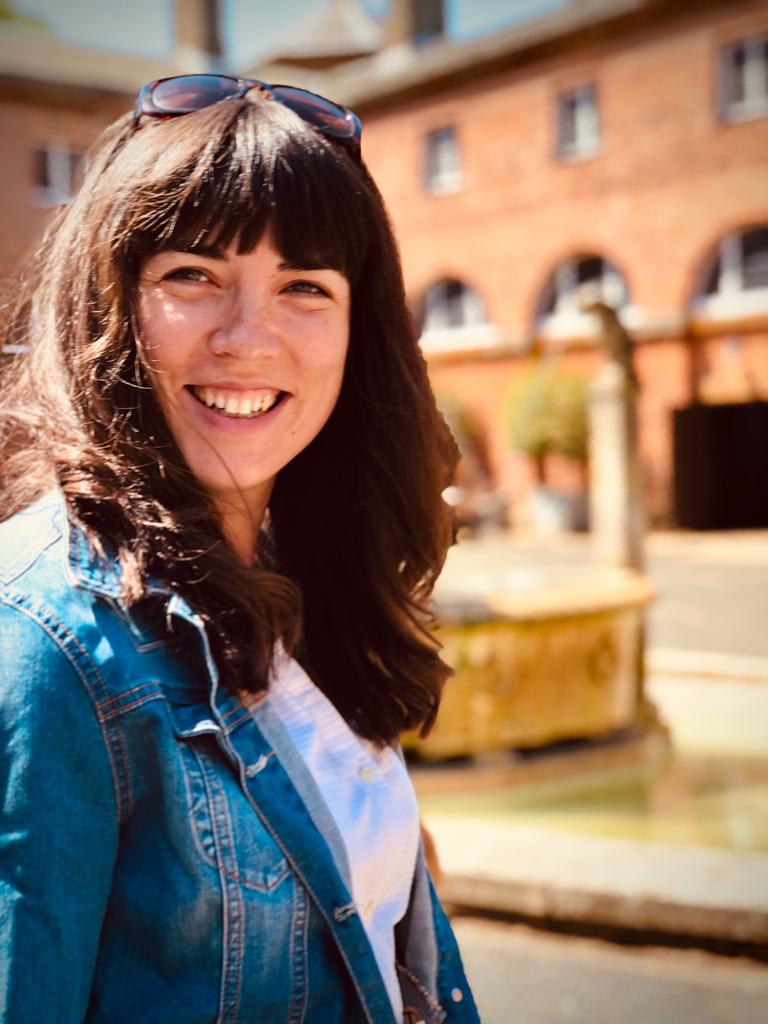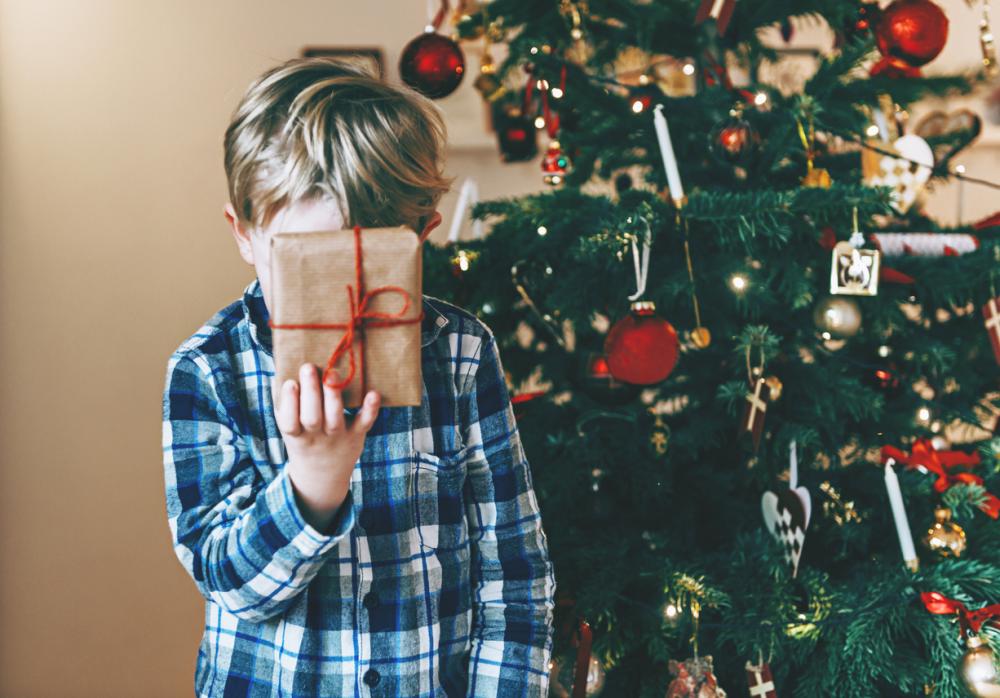
By Poppy Abs, The Lady's Family Happiness advisor and blogger.
Poppy is a former primary school teacher who, disillusioned with the state of the Education system did not return to teaching after having her second child. Poppy is hugely interested in developmental psychology and is an advocate of empathetic parenting. She is a qualified Forest School Leader. The Forest School movement, with it Scandinavian roots, is all based outside and focuses on the benefits of exposing children to nature. The ethos is non-judgemental and nurturing rather than autocratic and scolding and is very effective with all children from an early age, especially those with additional needs or traumatic starts to life. Poppy now works as the Family Happiness Consultant to help parents who find parenting difficult and calm not only the children but the entire family.
'We were all brought up to say thank you. It is, along with saying please, meeting someone’s eye and chewing with your mouth closed, part of the bedrock of social etiquette. It is especially important to give thanks when someone has put thought and effort into choosing a gift, which is why at Christmas time we hear across the land the fraught voices of parents urging their children to, “Say thank you!”
In every case, there will be a reason a child is not saying thank you. Possibly they are already playing with the present, or one previously given to them, and they are distracted; perhaps they are anxious, or don’t know the giver well, and are too scared to speak; if they are a small child, they may have honestly forgotten that thanking is the correct social construct for this particular moment. We can be compassionate if we try to put ourselves in the child’s shoes and work out why they aren’t saying thank you.
Instructing or forcing the child to say thank you is not a terribly good way of teaching them the manners we wish them to have. In fact, the manner in which parents order their children to ‘say the magic word’ is often quite impolite.
Consider how you might help a foreign dignitary to navigate the complex terrain of British etiquette. Forewarning them of what is expected would help, especially since different people have different expectations. A quiet prompt at the appropriate moment may be appreciated, and if they were still really struggling, you would save their dignity and end the awkward moment by saying the right words for them. By modelling the appropriate verbal language, tone and body language you give them a higher chance of success next time.
If you find yourself this Christmas in the position of the un-thanked gift-giver, faced with a blushing parent and a mute child, you can help them both. Bop down to the child’s level and tell them, “You don’t need to say thank you right now. I know you would if you could. I feel happy because I gave you the present and I think you will like it. Perhaps you can find a way of letting me know if you do.” This takes the pressure off everyone, acknowledges that the pleasure of giving gifts is as great as receiving, and gives the child the option of thanking you in a way they feel comfortable with, such as writing a card or making a video.'
You can book private consultations and group workshops across East Anglia and London with Poppy via her website below and you'll see more of Poppy's advice on our blog pages.
www.familyhappiness.co.uk / INSTA @familyhappinessconsultant










